
We’ve Used Racial and Ethnic Profiling for Centuries, and It Hasn’t Worked Yet We’ve Used Racial and Ethnic Profiling for Centuries, and It Hasn’t Worked Yet
Too many politicians choose to play to the lowest common denominator, pushing measures that make them sound tough but respond to no identifiable problem.
Nov 25, 2015 / David Cole
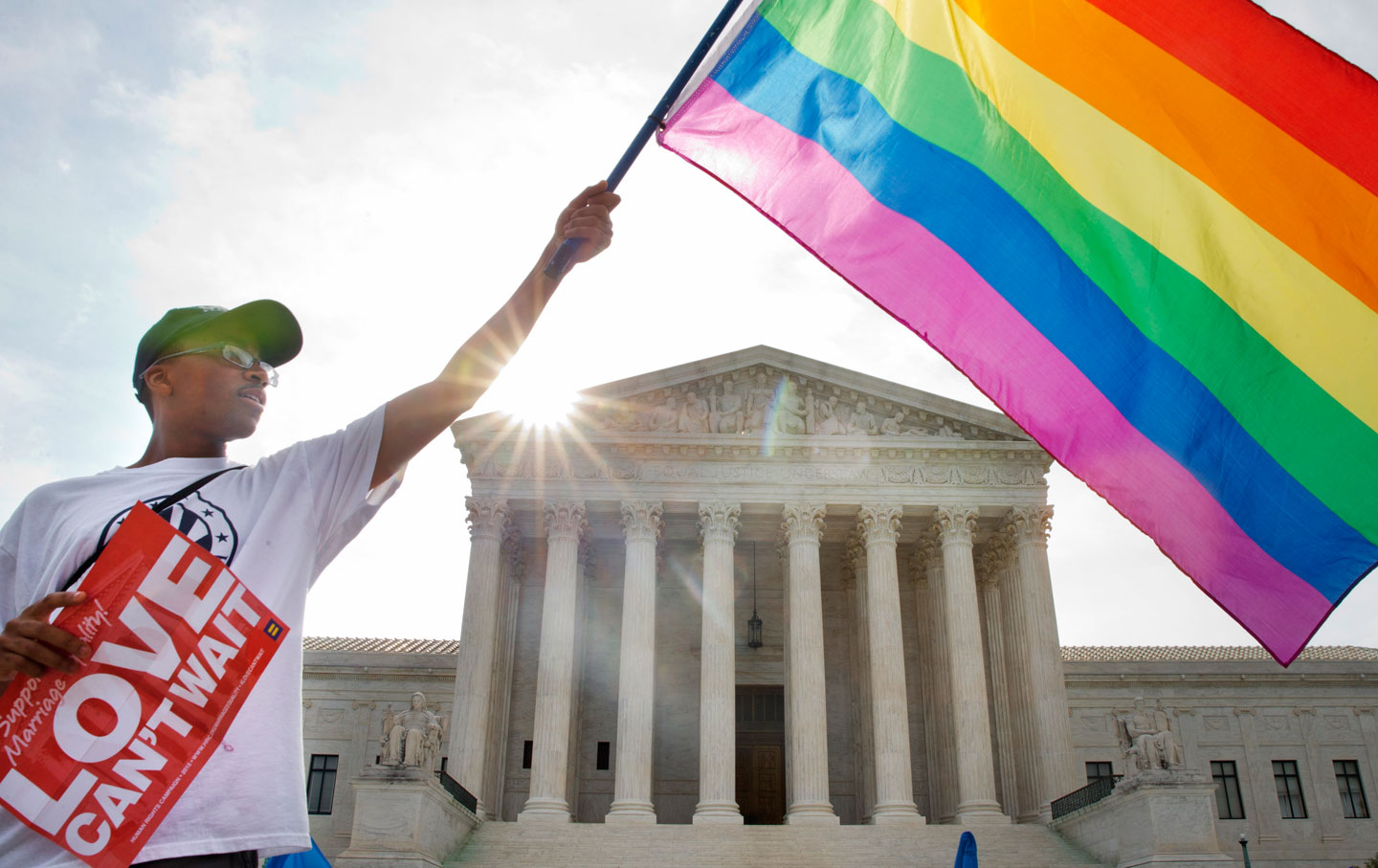
This Isn’t the Roberts Court—It’s the Kennedy Court This Isn’t the Roberts Court—It’s the Kennedy Court
The Court’s results are mixed, not because of John Roberts’s leadership but because of Anthony Kennedy’s more balanced commitments.
Sep 24, 2015 / Feature / David Cole
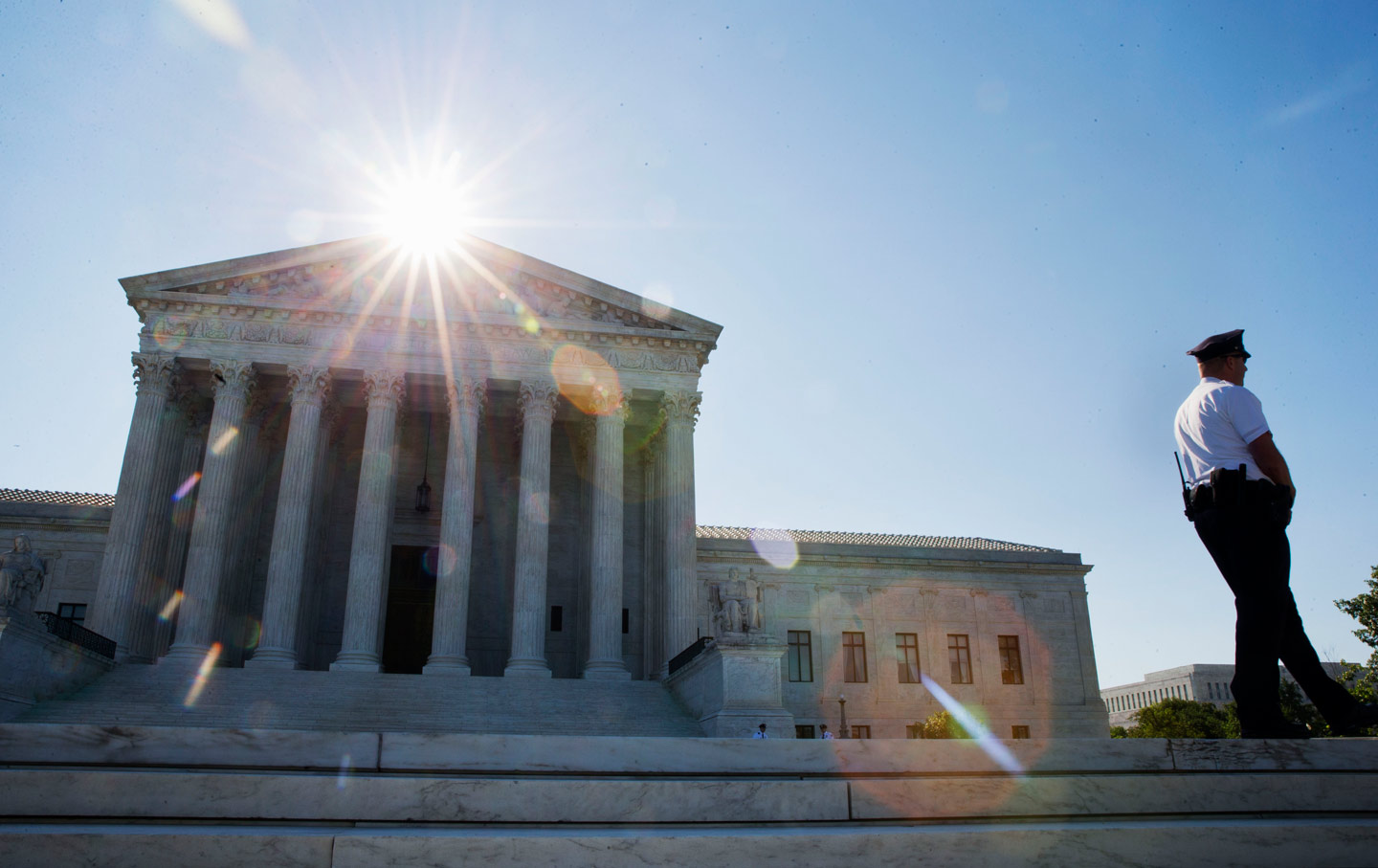
The Roberts Court Tunes In to Democracy, for Once The Roberts Court Tunes In to Democracy, for Once
In the marriage-equality and Obamacare rulings, the justices respected the will of the people—and our Constitution.
Jul 2, 2015 / David Cole

Snowden’s Vindication Snowden’s Vindication
An appeals court declares the NSA’s data grab illegal.
May 13, 2015 / David Cole
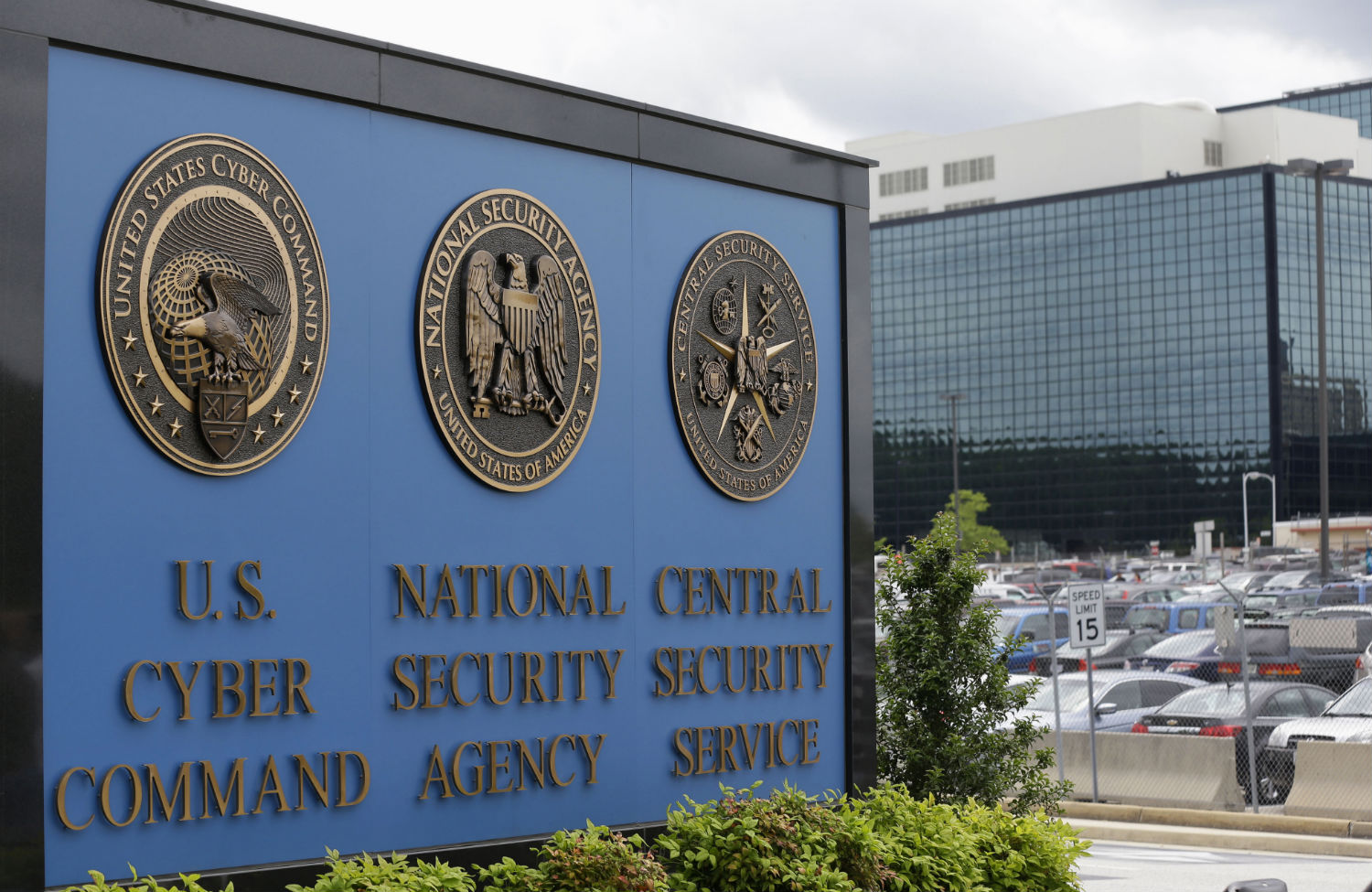
Here’s What’s Wrong With the USA Freedom Act Here’s What’s Wrong With the USA Freedom Act
It would constrain some of the worst excesses of the Patriot Act, but it doesn’t go nearly far enough.
May 6, 2015 / David Cole
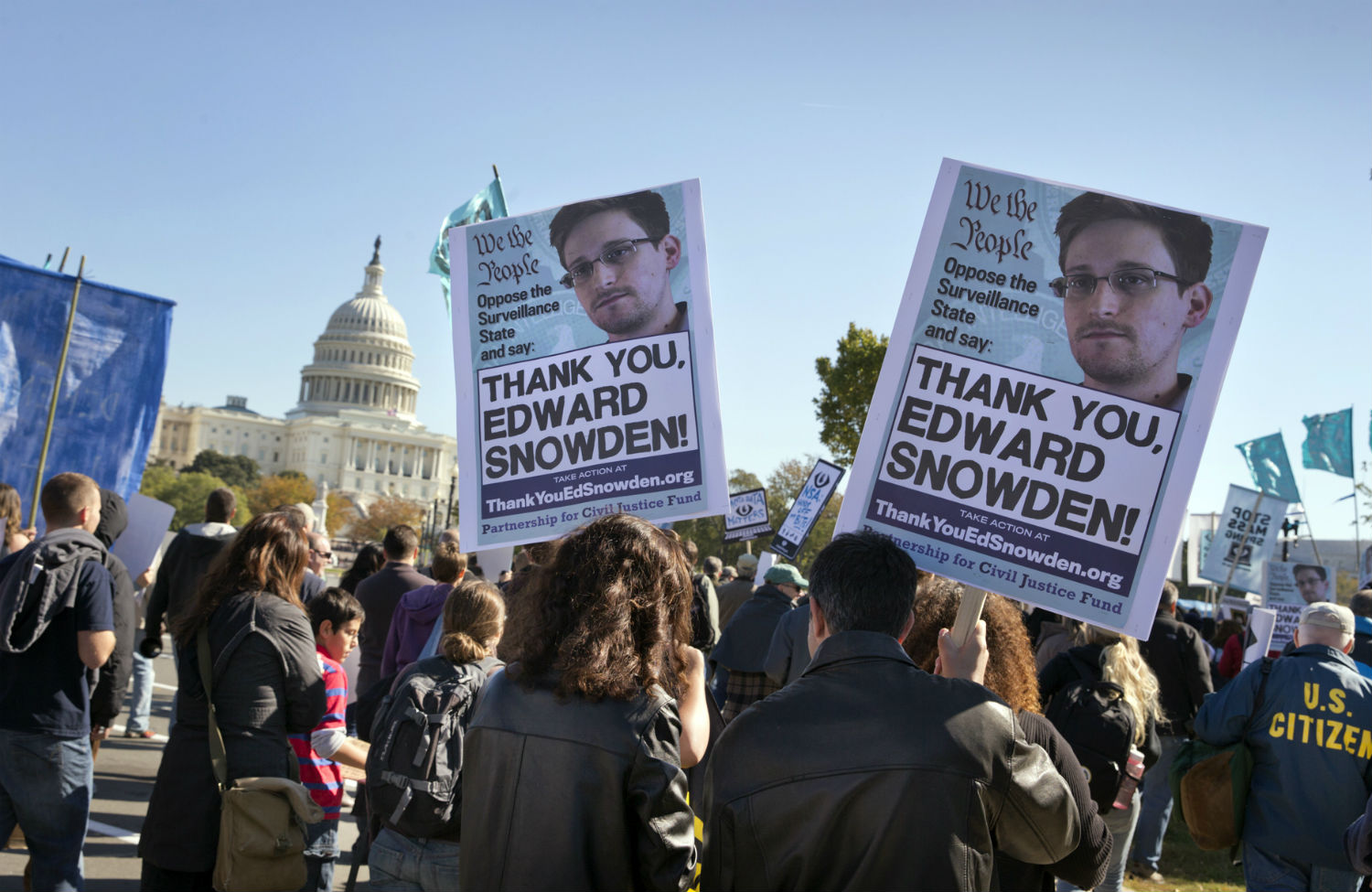
Is Privacy Obsolete? Is Privacy Obsolete?
Thanks to the revolution in digital technology, privacy is about to go the way of the eight-track player.
Mar 23, 2015 / Feature / David Cole
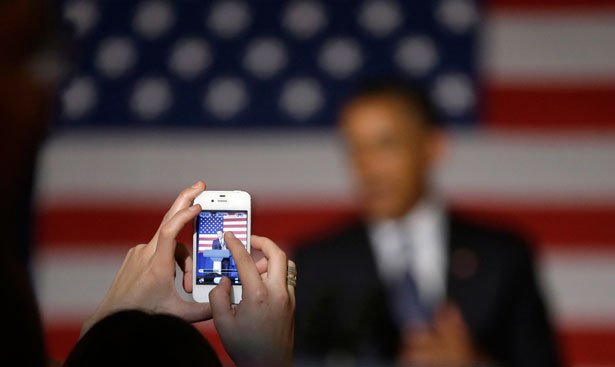
The One Supreme Court Decision We Can Celebrate The One Supreme Court Decision We Can Celebrate
In ruling that police may not search cellphones without a warrant, the Court brought the Fourth Amendment into the twenty-first century.
Jul 2, 2014 / David Cole
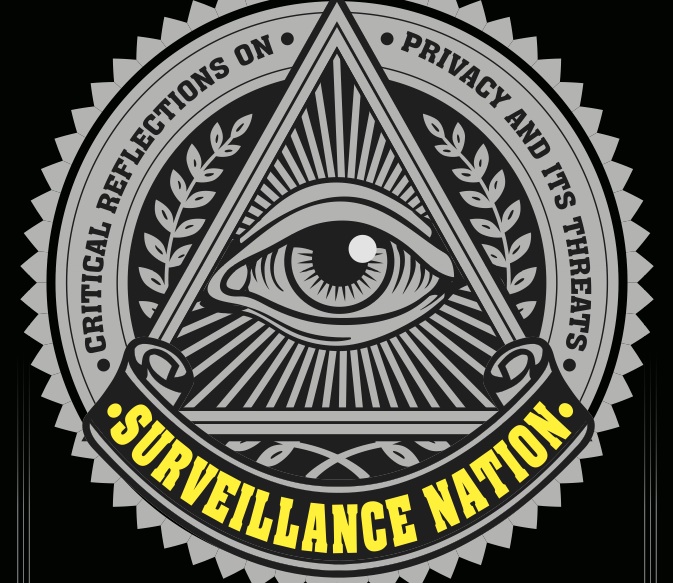
We’ve Been Living in ‘1984’ Since 1921 We’ve Been Living in ‘1984’ Since 1921
That was when the Bureau of Investigation—the forerunner of today’s FBI—first opened a file on the magazine.
Jun 25, 2014 / David Cole
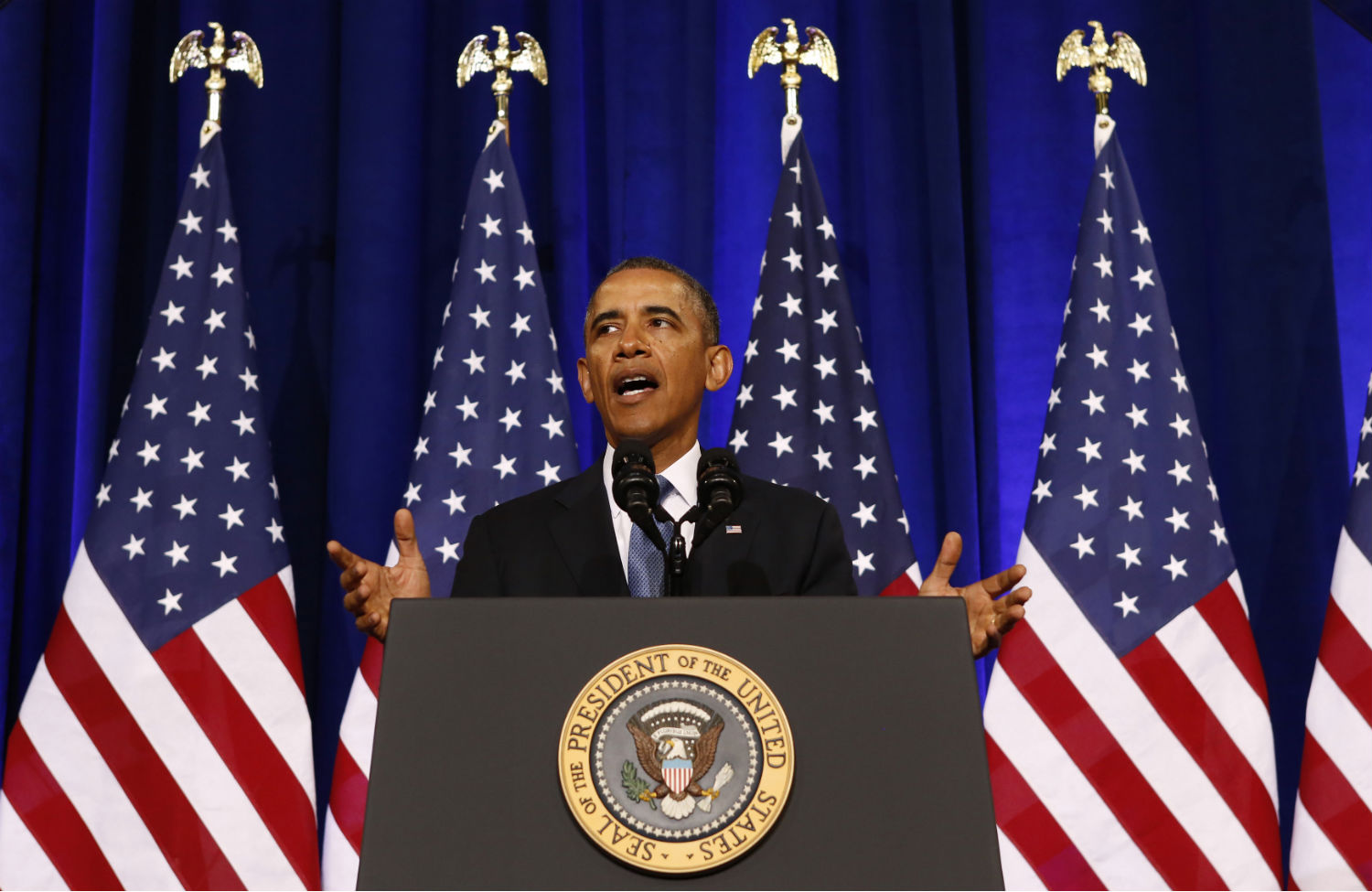
Why Obama’s NSA Reforms Are Only a First Step Why Obama’s NSA Reforms Are Only a First Step
The president has made a step toward better oversight, but his proposals leave the agency’s system of dragnet surveillance mostly intact.
Jan 22, 2014 / David Cole
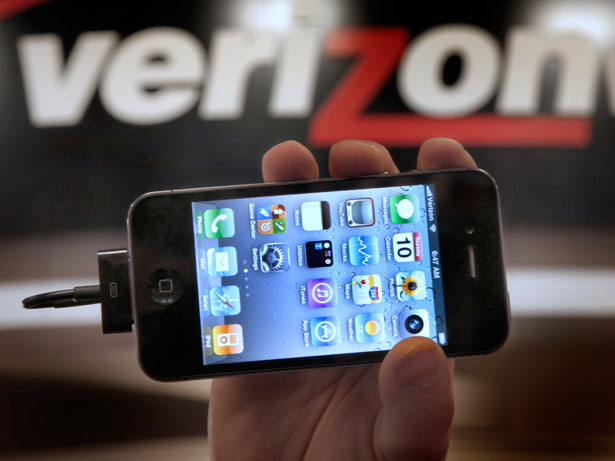
We Need Privacy Laws for the Digital Era We Need Privacy Laws for the Digital Era
Updating the Fourth Amendment has been done before, to address the invention of cars, phones and GPS. It’s time to do it again.
Jan 8, 2014 / David Cole

